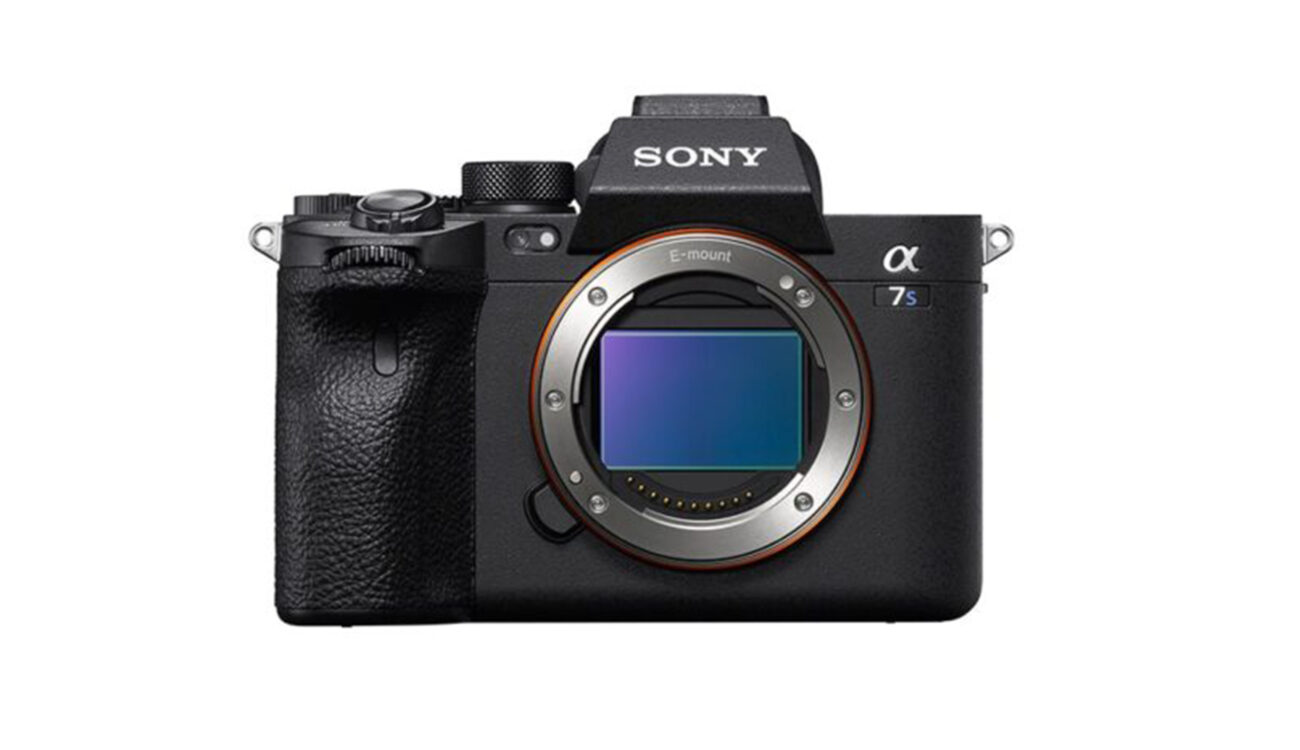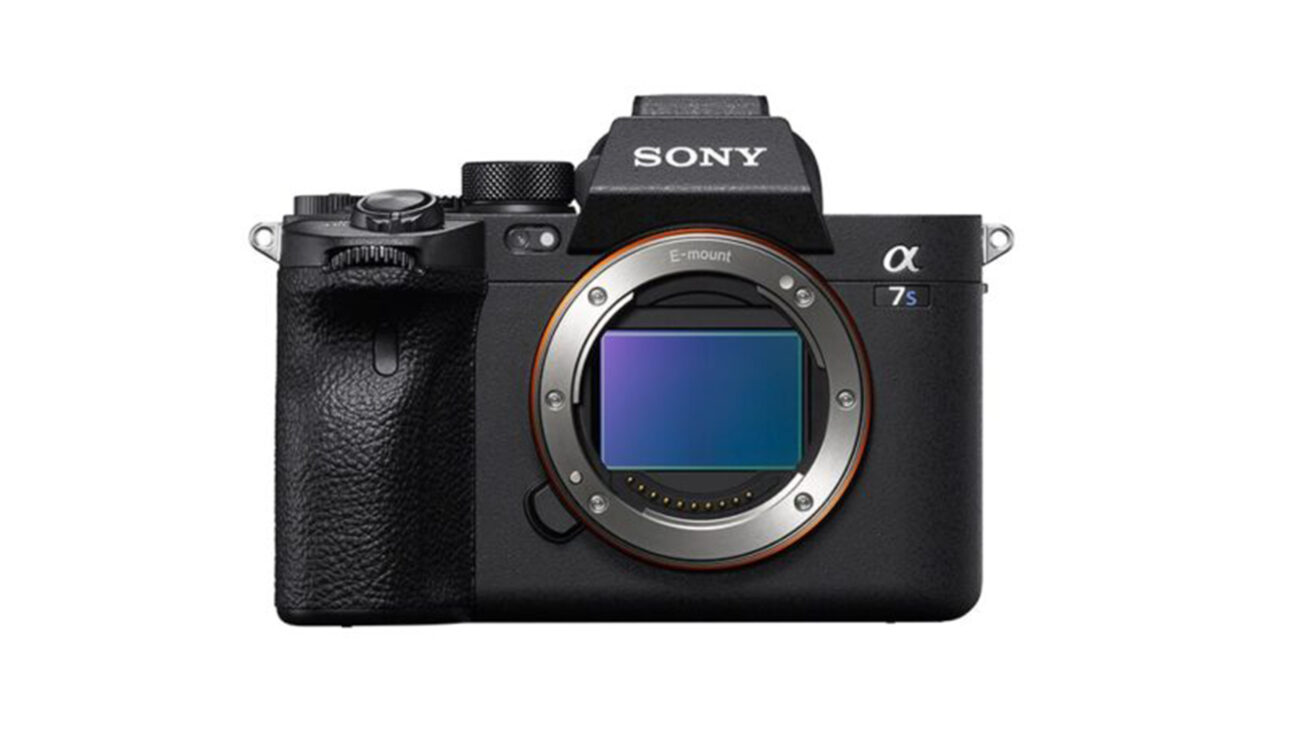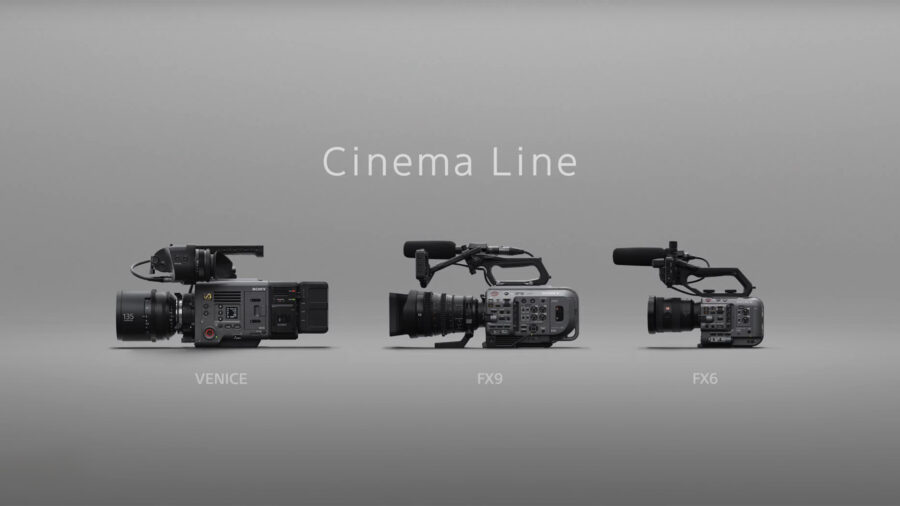

Sony has been at the forefront of the digital camera revolution for quite some time now, so it seems surprising that one of their most popular cameras doesn’t have a highly sought-after feature. Of course, I’m talking about the Sony Alpha 7S III and custom LUT management.
If you’re not sure what a LUT is, there are a ton of videos that can describe it better than I can. But the quick version is to take a raw image from a camera and apply a specifically tuned look to it. You can find or buy LUTs online if you want to get a specific look. Or you can make them yourself in your color grading application of choice (DaVinci Resolve is a great, free choice in case you’re interested).
Look Up Tables in Sony cameras
Any of Sony’s currently supported Cinema Line of cameras already have this feature. LUT management is a necessity for a cinematic workflow. Color grading is an expected part of post-production for any kind of film, even short and/or student films. So while filming with a Cinema camera, you expect to be able to load custom LUTs to your camera while filming in SLOG to see what your final image will look like.

If you own or use an FX 30, FX 3, FX 6, etc., then you can already load custom LUTs. Even some other Sony cameras offer this menu function, such as the vlogging ZV-E1 camera and the newish a7cII. Neither of the latter would be considered “Cinema” cameras by anyone. So it’s a little surprising that they would offer this functionality in some of their cameras, but not others – especially their flagship lowlight camera, the aS7III, which is used most by filmmakers. The a7S series sacrifices a large pixel resolution for the capability to capture low-light images due to a native ISO of 12,800. And the resulting images are truly stunning.
Why would the Sony a7SIII need custom LUTs?
When the Sony a7S was first released in 2014, it started a low-light revolution. I remember seeing many videos surface online lit entirely by moonlight, something that seemed impossible with modern digital cameras. The usual noisy images captured in low light were gone due to the high native ISO. This led to a lot of filmmakers picking up the a7S line for this previously impossible task of filming with little to no extra light sources.
Published on March 29th by user Andy Jackson, a petition has started regarding a formal request to incorporate the custom LUT implementation on the Sony A7S III. You can find the petition here, should you wish to sign or share.
What do you think about implementing custom LUTs on the Sony a7S III? Would you like to see this change via a Sony firmware update? Leave your comments below!






